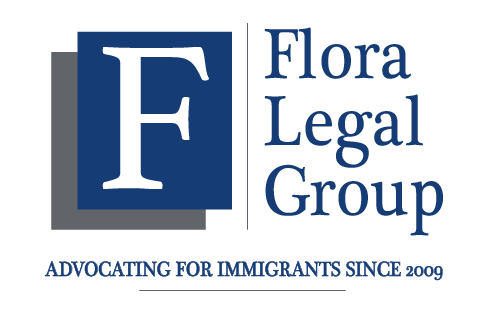The guidelines for the “Keeping Families Together” Program, also known as Biden Parole, was announced on Friday, August 16, 2024. Individuals were eligible to start applying for the program as early as Monday, August 19, 2024. The general requirements for the program are:
- Be present in the United States without admission or parole;
- Have been continuously physically present in the United States since at least June 17, 2014, through the date of filing your request;
- Have a legally valid marriage to a U.S. citizen on or before June 17, 2024;
- Have no disqualifying criminal history and otherwise not deemed to be a threat to public safety, national security, or border security; and
- Submit biometrics and undergo required background checks and national security and public safety vetting.
What does it mean to be present without admission or parole?
In order to be eligible for the parole program, individuals must have entered the United States illegally and continue to be in the United State without authorization.
What is disqualifying criminal history?
Disqualifying criminal history has been defined as any felony conviction. In addition, a conviction for the following, whether a misdemeanor or felony, will also make an individual ineligible for the parole program:
- Murder, torture, rape, or sexual abuse;
- Offenses involving firearms, explosive materials, or destructive devices;
- Engaging in activities relating to peonage, slavery, involuntary servitude, and trafficking in persons;
- Aggravated assault;
- Offenses relating to child pornography, sexual abuse or exploitation of minors, or solicitation of minors;
- Domestic violence, stalking, child abuse, child neglect, or child abandonment; and
- Controlled substance offenses (other than simple possession of 30 grams or less of marijuana).
Benefits of the Program
The main benefit of the Keeping Families Together Program (Biden Parole) is it provides individuals married to U.S. citizens a lawful admission to adjust their status to that of a lawful resident. Previously, individuals without a lawful admission had to depart the United States in order to be able to receive residency. The parole program allows the process to be completed in the United States without any requirement to depart. It also removes the requirement to file for a waiver or forgiveness for time spent in the United States without authorization. The parole program does not waive all issues that might make someone ineligible for residency. It’s important to speak with an attorney regarding your eligibility for residency before applying.
What if I have to go to Immigration Court?
Individuals in deportation proceedings with the Immigration Court are still eligible to apply for the program.
What if I have a deportation order?
Certain individuals with final orders of deportation might be eligible for the program. However, there are potential risks, so it’s important to speak with an attorney before applying.
How do I apply?
Applications are done online on a specific form created by USCIS. There are specific documents required to demonstrate that you meet all of the above listed requirements. In addition to the documents, there is a filing fee of $580.
We would love the opportunity to help your family apply for the parole program. Please call us in Indiana at (317) 983-3437 and in Kentucky at (502) 493-6009.
